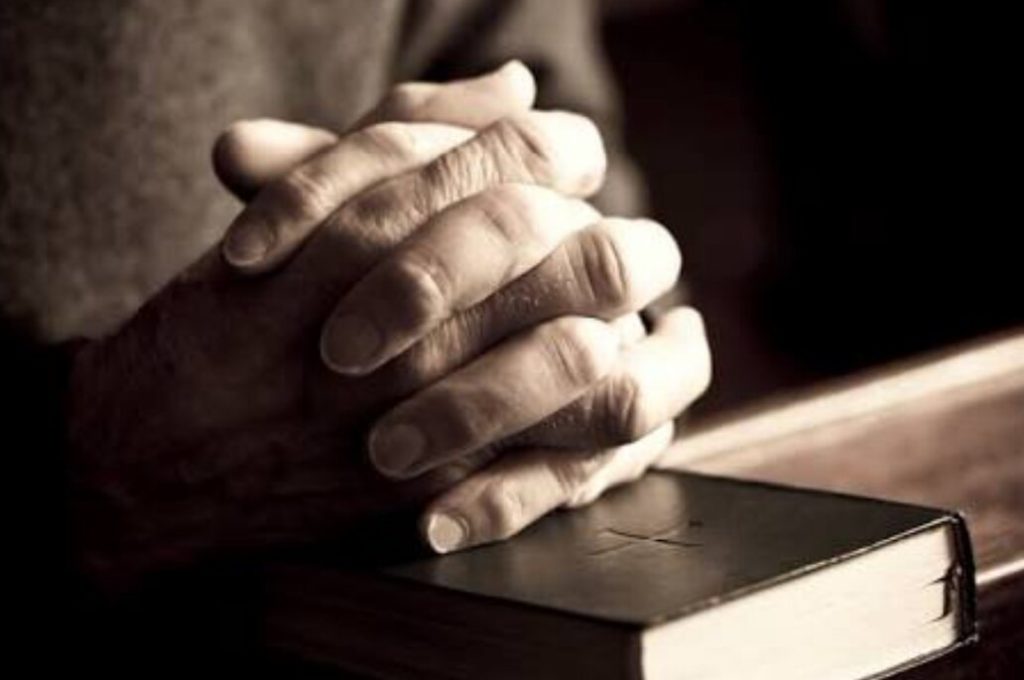In Latin America, the region where I am from, religion is pervasive. A large percentage of the population will regularly use expressions such as “thank god” or “if it’s god’s will”. They’ll also typically add “benedictions” after saying goodbye. When things go right there’s no doubt, it’s “thanks to god”. And when things go wrong “god works in mysterious ways”.
Unfortunately, there are not many studies on the level of religiosity per country but the few available reveal very interesting facts. A Gallup survey in 2009 showed poorer nations tend to be more religious than wealthy ones. More recent research has found that countries where religion is more important are regularly more corrupt and have higher crime rates.
What the data shows is that save a few exceptions, religiosity is inversely proportional to prosperity. This shouldn’t come as a surprise. In most poor countries people’s daily life is a continuous struggle. Life in the major urban centers of a region like Latin America is full of uncertainty. Not only because of violent crime. Falling ill or getting fired can dramatically change an individual or a household’s standard of living.
As societies grow richer and living conditions become less precarious, faith loses a great deal of its allure. Naturally, there are exceptions. Countries like Vietnam or Belarus where governments for many years banned religion, are not quite prosperous nations and despite that religiosity is low.
The main exception in the opposite way is the United States. A wealthy nation where in 2020, 48 percent of its citizens answered that religion is very important in their lives and 25 percent that it is fairly important. To put these figures into perspective, in 2018 in Germany and France only 12 percent of adults considered themselves to be “highly religious”.
But one doesn’t need to dig very deep to find that prosperity in the United States is not shared by all. The US performs far worse than its peers in metrics of health and social problems such as life expectancy, infant mortality, homicides, teenage births, obesity and mental illness amongst others. In 2018, 4 in 10 adults in the country couldn’t cover a $400 emergency expense.
Thus, it is unsurprising that religion continues to play such an important role in the life of Americans. The existential security that more progressive kinds of governments provide their citizens with is still unavailable to them. Moreover, religiosity can even have a detrimental effect in the development of good governance, as the support of the main religious groups in the election of Donald Trump in 2016 is a proof of.
A high level of religiosity might not be the root cause of poor governance, but it is certainly a symptom of it. Additionally, in places where people accept their unsatisfactory living conditions as “god’s will”, faith will not contribute to the creation of the strong civil societies needed to hold governments accountable.


